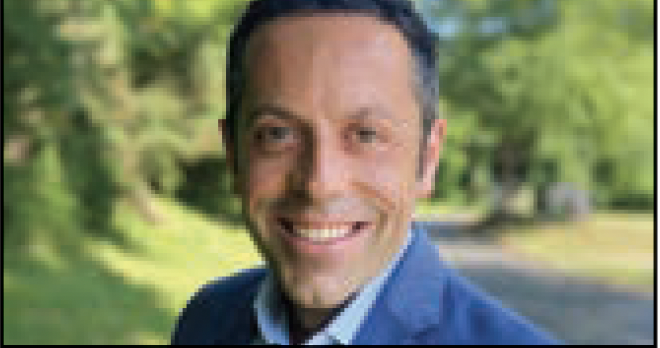Don’t Let ‘Program’ Become a Dirty Word
Five tips to ensure a program augments and fulfills a vision
Daniel Cellucci Comments Off on Don’t Let ‘Program’ Become a Dirty Word
 I want to share a secret with you. Please keep it between us. You specialize in confessions and thus I know I can share this with you. I offer programs. There, I said it. And guess what? Other organizations and apostolates offer programs, too.
I want to share a secret with you. Please keep it between us. You specialize in confessions and thus I know I can share this with you. I offer programs. There, I said it. And guess what? Other organizations and apostolates offer programs, too.
Those of us serving the Church in apostolates have heard the refrain “not another program” from priests so many times that we have trained ourselves never to utter the word “program” again, lest we be relegated to memories of wasted energy, low turnout and unfulfilled promises. Instead, we tell you that we are a “movement,” an “experience,” or that we’re on a “journey” or part of a “partnership.” While some of those titles might be true, I am here to say loud and proud: I offer programs, and I’m okay with that.
Not all programs are created equally, and as providers we have the responsibility to make sure our services are excellent. Often, parish leaders leave some of the potential of these programs on the table by not doing their part. Here are five tips that can help you make sure that a given program augments and fulfills the vision God is calling you to in your ministry:
1. Consider who is over-programmed and who is under-programmed. You and your faithful attendees might be tired of programs. However, 87% of weekly Mass attendees say they do hardly anything with their church outside of attending Sunday Mass, and 83% of Catholics aren’t coming to Mass at all. That’s a significant number of potential participants. Before agreeing to or declining another program, think about the segment of your community you are trying to reach and do some intentional reflection as to what other programs or initiatives are already geared toward them.
2. Define your own goals for the program and level-set expectations. Despite program providers’ marketing, we know there is no silver bullet in ministry. Your team should consider not only whether to do the program, but also what you expect to achieve, especially in the initial phase. Perhaps your goal is simply to conduct a pilot or to recruit 10-12 new participants from a certain segment of your community to participate. Discuss what’s important to you, right now, given where you are starting from, and be hopeful and realistic at the same time.
3. Ensure you till the soil properly. When considering implementing a program you know is bearing fruit in other parishes, be sure to ask what infrastructure or support needs to be in place for the program to be most fruitful. Ask questions such as, Does it require a point person? What physical space requirements or communication methods are important for the program to be fruitful? Ask other parishes what they wish they would have done differently or what they wish they would have known about the process in advance. Understanding what conditions are important to your parish will help cultivate the most fertile soil for whatever seeds the program might plant.
4. Engage your influencers. The influencers who participate in a program often have a significant impact on its overall result. When brainstorming your target audience for a particular program, identify individuals who may be influencers among their peers. Personally invite them to a conversation and share your hopes and goals for the program, why you would like them to participate, and ask them to recruit a certain number of peers to join. If they are willing to send a text or an email with the words, “I am going, and I want you to come …”, the effect on generating interest can be significant.
5. Have the next thing ready. One of the ways to leverage investment in a program and level-set expectations is to think of it and plan for it as one step in a series of steps. When planning to initiate a new program, think about what happens the week after it ends. What is a leadership position that a parishioner might consider in another ministry? What is a service project that could use a few capable hands? Remember, your parishioners are at different stages of their faith journey and having a variety of next steps will help to keep the momentum going from a fruitful program experience.
Another program doesn’t have to be another source of frustration if we clearly define who we are looking to serve and what we want to achieve. We can help create the best conditions for a program’s success if we remind ourselves and others that ministry itself is never finished, and that programs are not the end of the journey. We know the ultimate secret that needs to be revealed: If a program creates a space for someone to encounter Jesus, it’s worth doing.
DANIEL CELLUCCI is the CEO of Catholic Leadership Institute. His most important vocation is as a husband and father to four children. He lives in the Archdiocese of Philadelphia.





